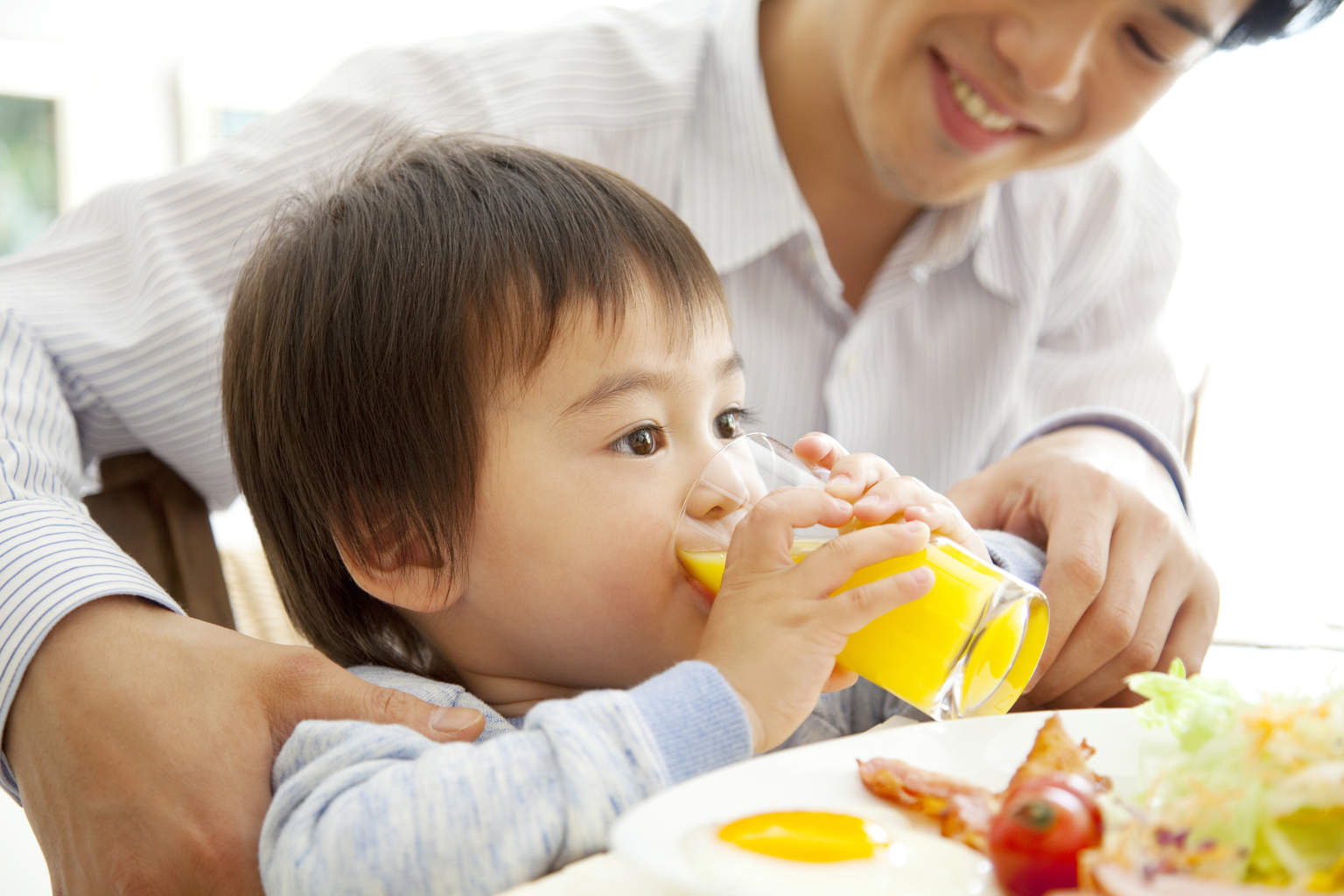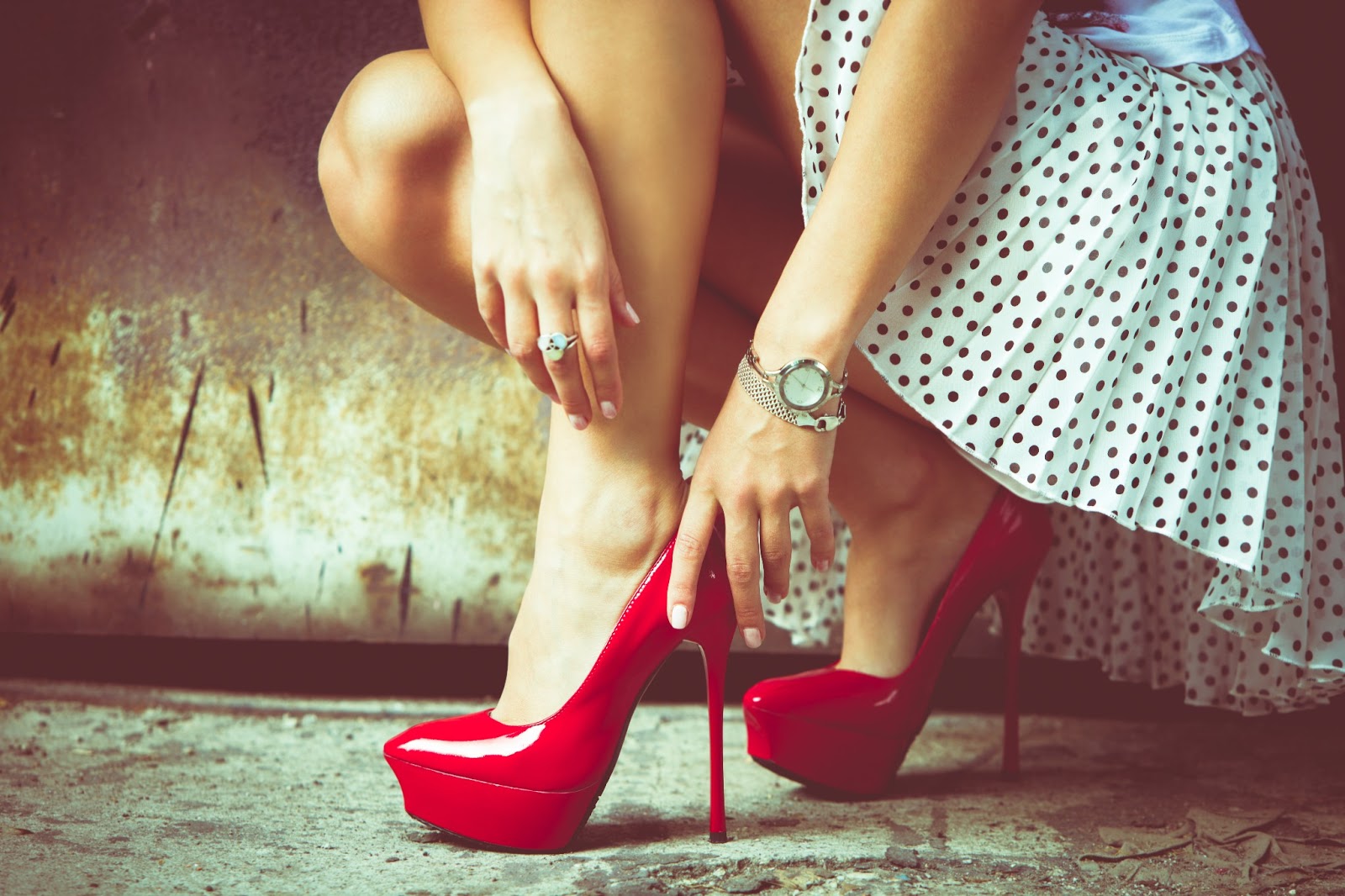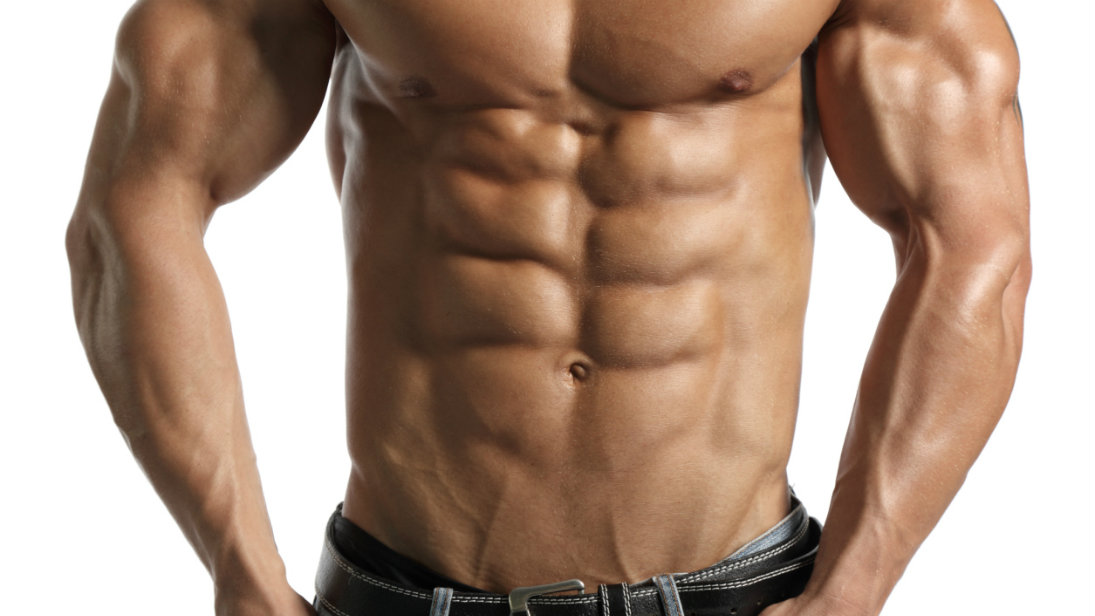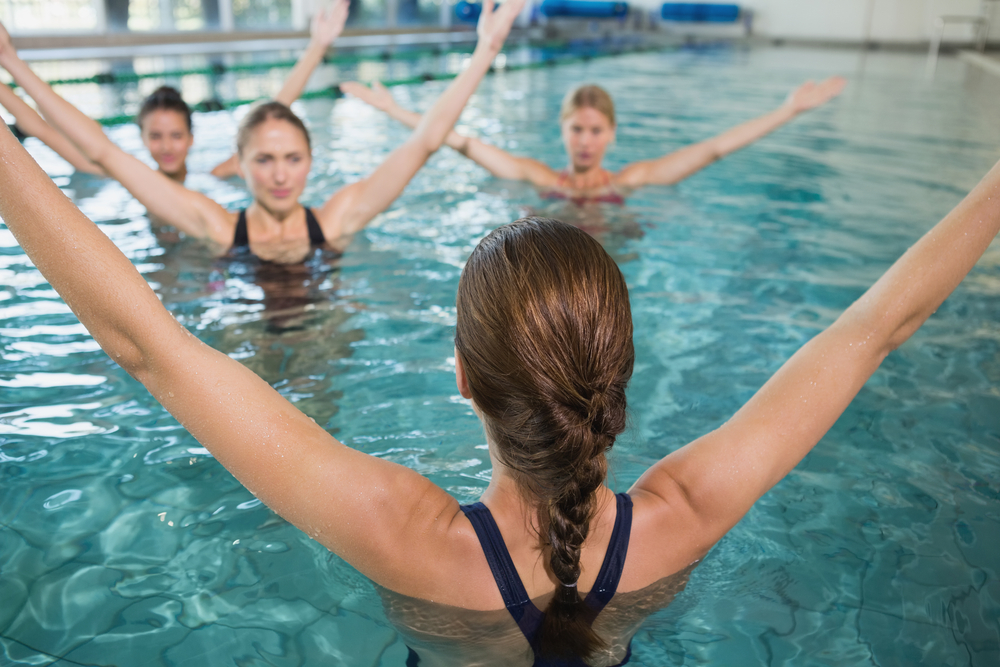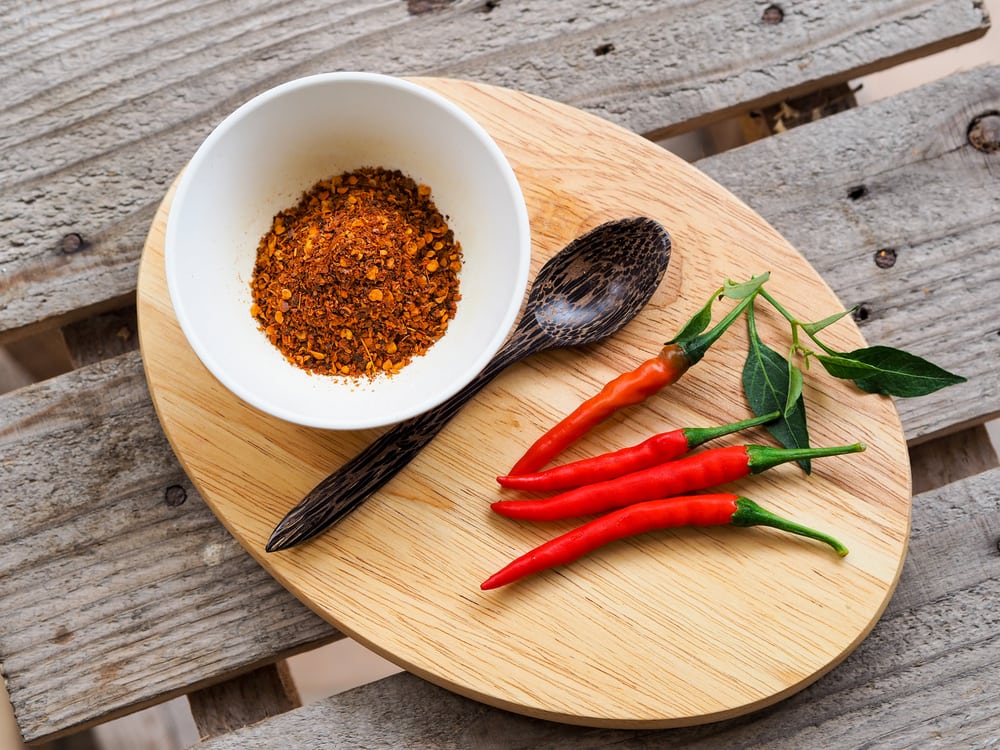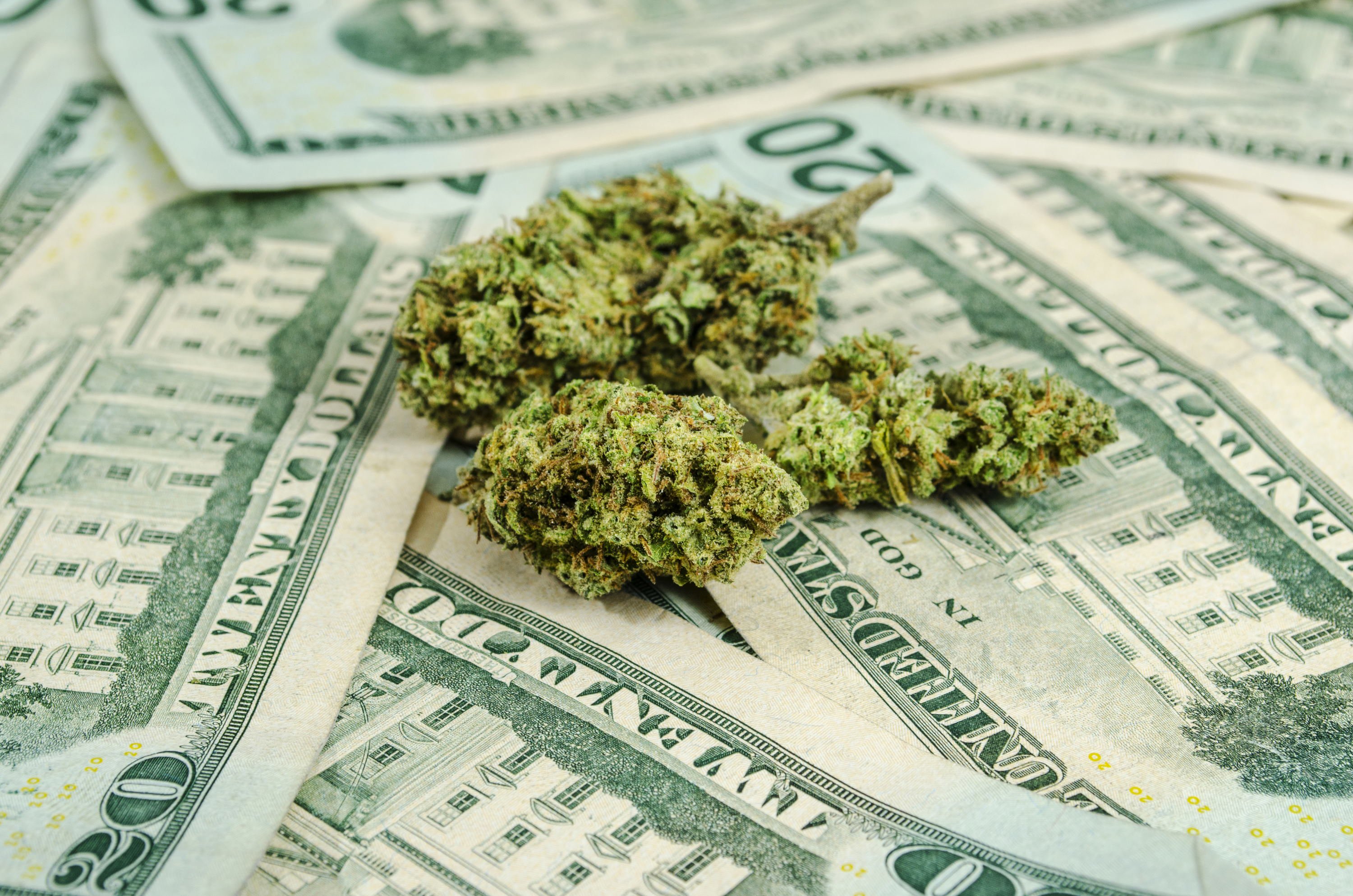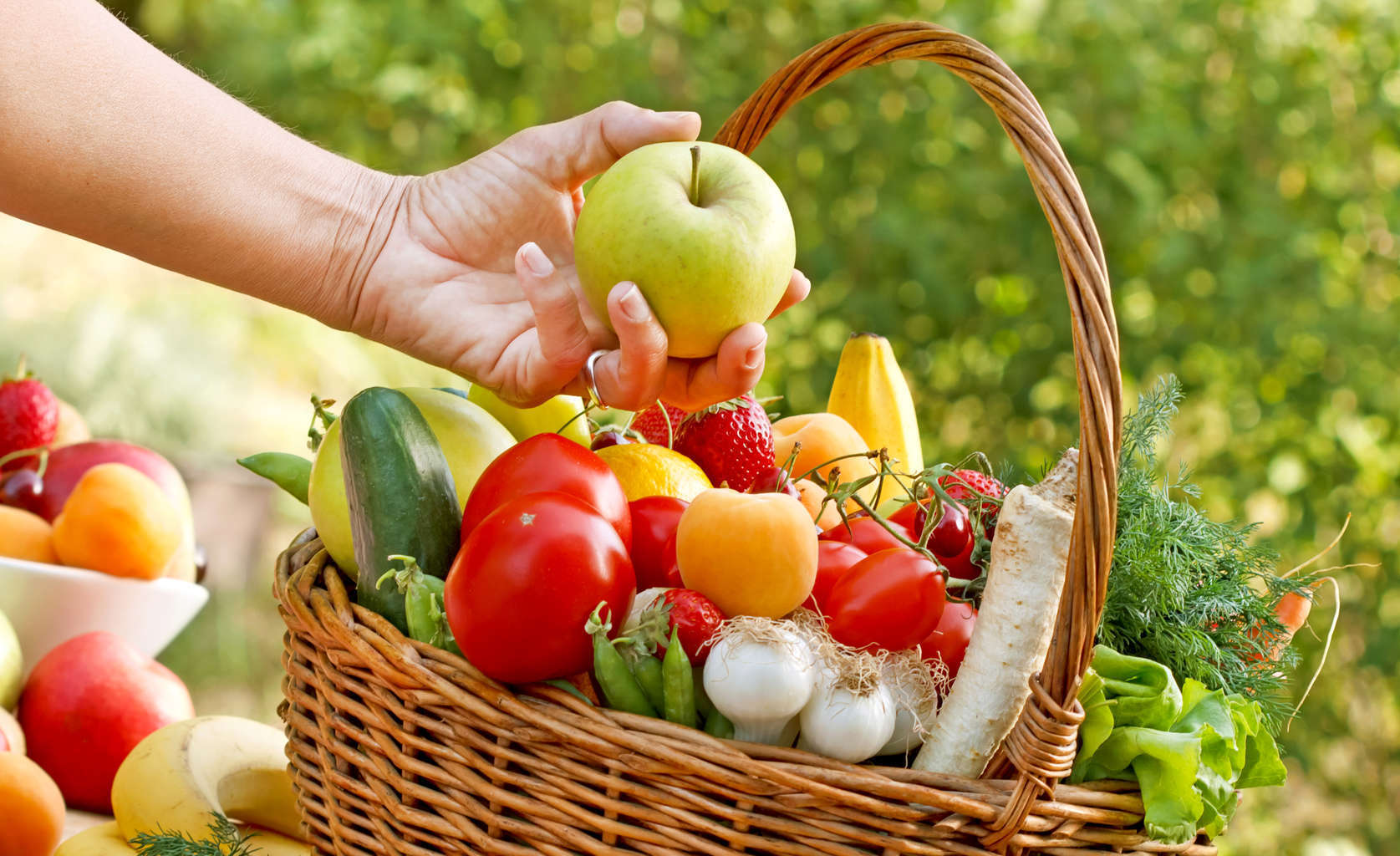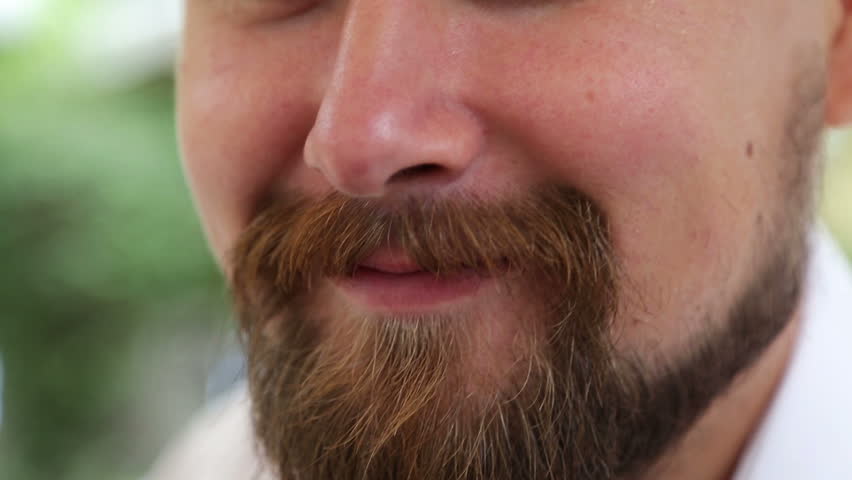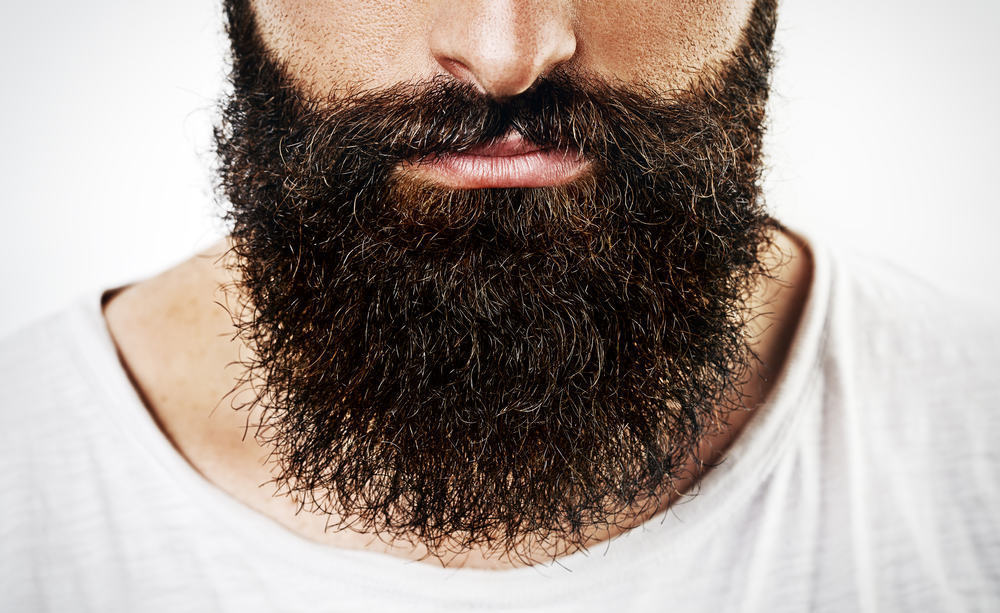Contents:
Medical Video: Foods To Be Avoided For The Babies
When you plan to put juice into your child's diet, we recommend the following approach:
- Make sure it's real fruit juice. Fruit drinks that are not 100% fruit juice usually contain sugar and / or additional sweeteners that can increase tartar and calories.
- Do not introduce children to juice until the age of one year and do not provide them in bottles.
- Avoid allowing your child to drink juice (or liquid containing sugar) for a long time. Either use a toddler's bottle, glass or glass, because exposing teeth too long to sugary fluids can cause serious tooth decay.
- Consider diluting the juice with water.
- Encourage your child to eat fresh fruits intact every time they are available.
- Whenever possible, provide juice with grains (pulp) for additional fibers.
- Make sure the juice does not eliminate your child's interest in milk and water.
- Buy only pasteurized products (juice that can be put on a shelf, frozen concentrate, or marked juice in a cooler) to avoid infection that causes diarrhea.
- Know that it is good to give juice within the appropriate age limit (do not give juice to children under 6 months, and not more than 120-180 ml a day for toddlers and children)
- Pay attention to signs of excessive juice consumption such as tooth decay and "toddler diarrhea". Children who tend to consume excessive juice are at risk of experiencing new tooth decay because they drink juice for a long time, and children between the ages of 2-3 years tend to have the highest juice consumption. In some cases it even results in prolonged diarrhea.
9 Things to Remember When Giving Juice to Your Child
Rated 4/5
based on 1913 reviews

